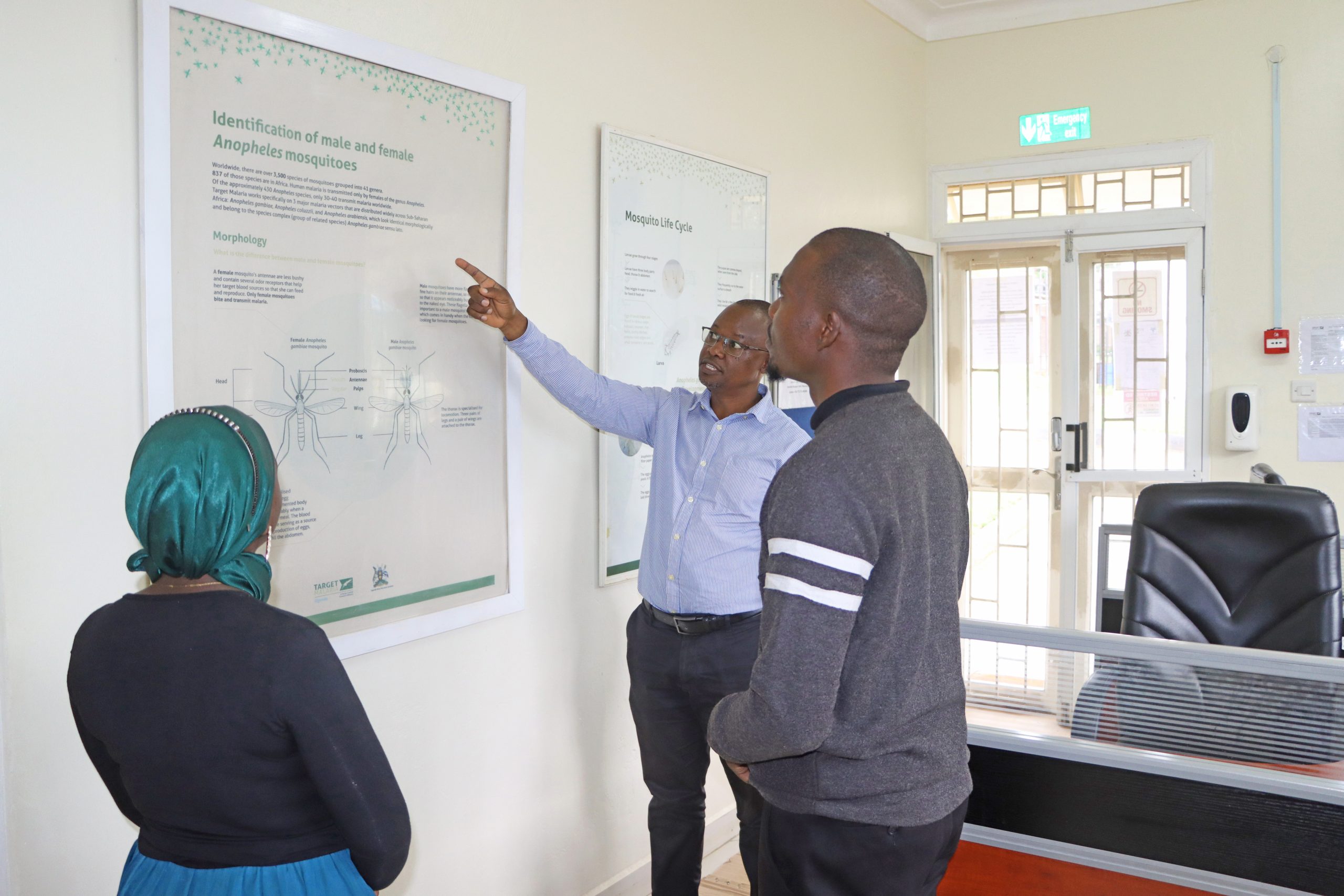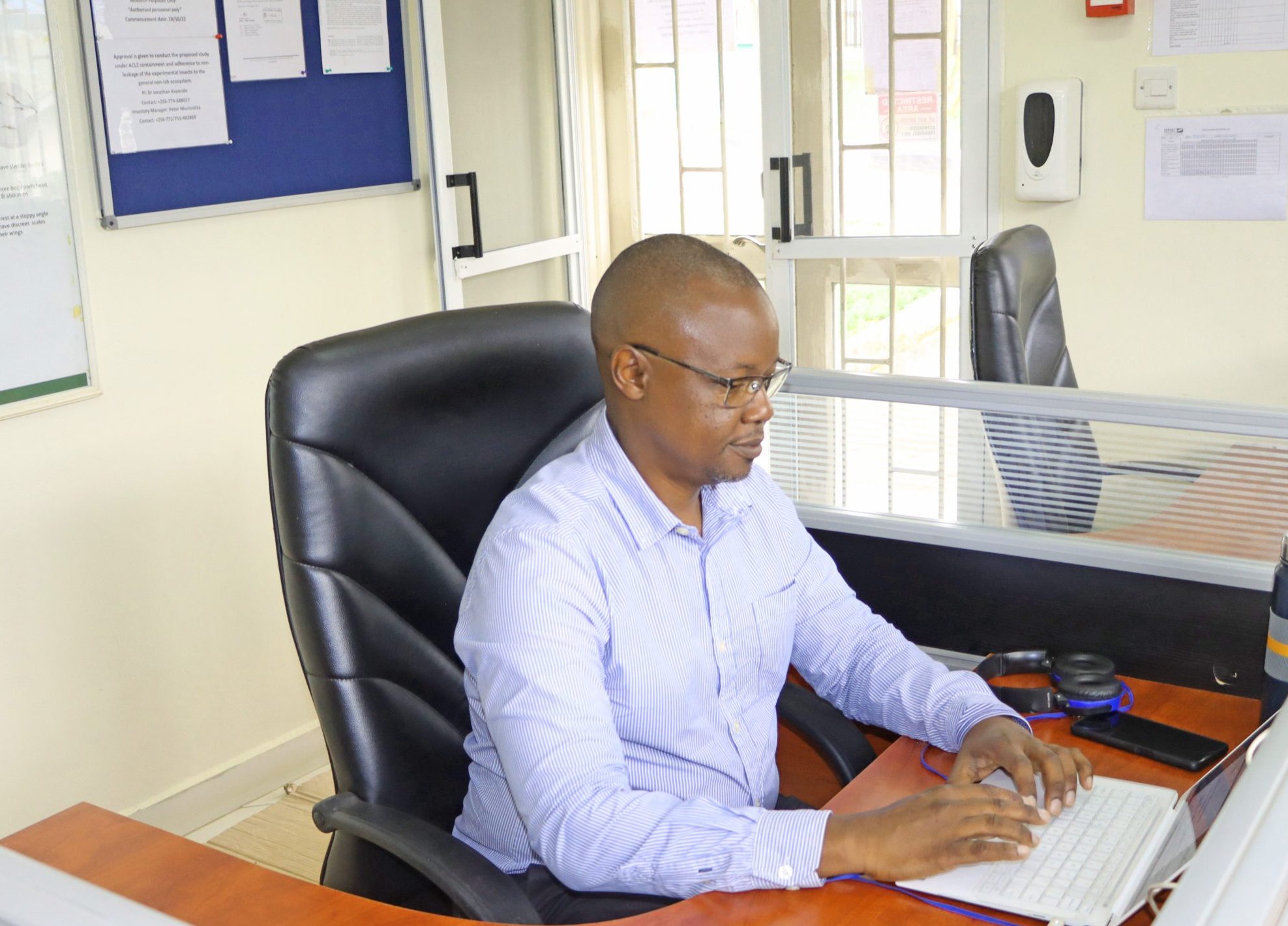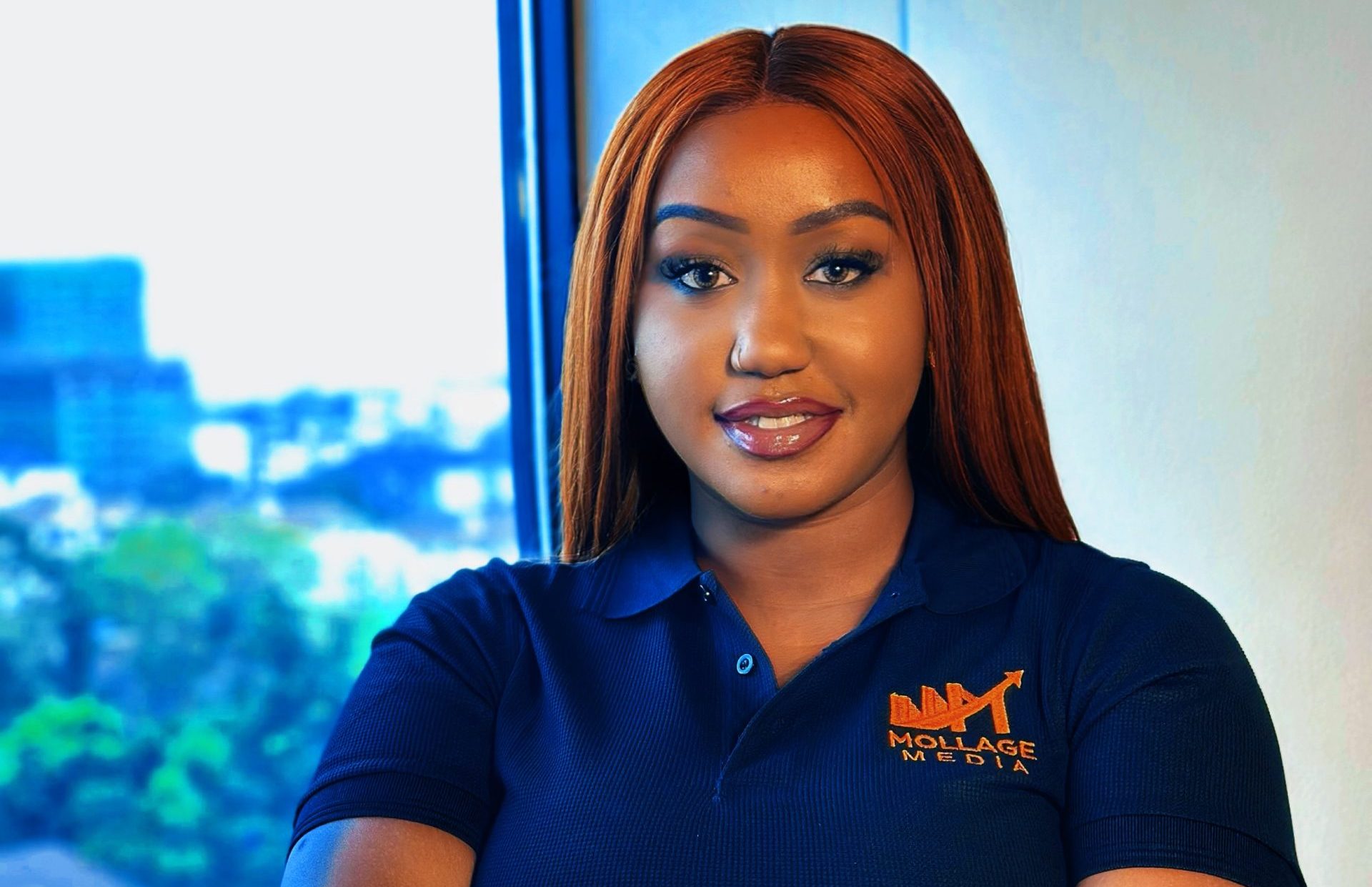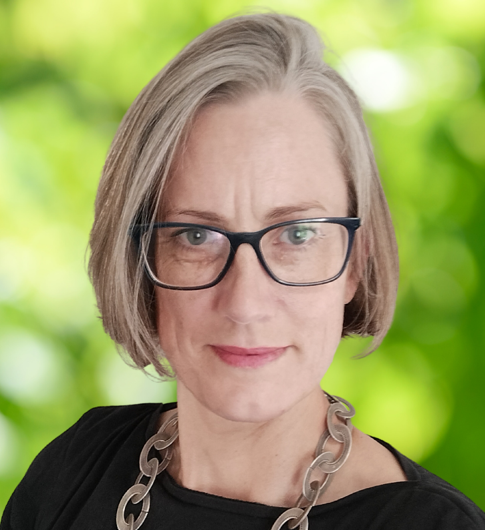This week, we’re featuring a seasoned communicator who’s journeyed through journalism, radio, and now Science Communications with Target Malaria, Uganda. Over the years, he’s learned to adapt, developing skills to break down intricate scientific topics, like genetics, into accessible language. His story also highlights the importance of networking and staying proactive, continually connecting with peers to grow and deepen his impact.
Can you tell us what you do as a Communications Officer at Target Malaria, Uganda?
As a Communications officer for Target Malaria Uganda, my role is to develop the country strategy for project communication, coordinate the implementation of the communication plan together with my communication colleagues at the national and global levels, and provide communication advice to the team. I also
- Participate in the development of Communication tools for both internal and external communication and visibility,
- Support the various project teams in Communication activities with stakeholders at
- Write various Communication materials such as press releases, blogs, and key messages and coordinate the production of audio-video materials for awareness and promoting the project’s work.
- Coordinate with media outlets, Journalists and stakeholders and organise events such as interviews and presentations for awareness and knowledge sharing,
- Support in building the capacity of the project staff to communicate in the media and at key events.
How did you begin your career journey in Communications?
After completing my Journalism studies, I started off as a freelance Journalist working for a couple of newspapers (Daily Monitor and the New vision) for about three years.
I then moved on to three radio stations where I took up news reporting and editing positions for about six years, later advanced to a radio Program Manager role for seven years before moving to my current role as a Communications officer for Target Malaria where I just made eight years.

Tell us about a campaign or project you’ve been part of that stands out to you.
In 2019, the Target Malaria Uganda Arthropod Containment Level 2 (ACL2) insectary, the first of its kind in Uganda was commissioned by the Uganda Virus Research Institute (UVRI).
The commissioning activity necessitated months of preparations for developing communication tools, which included drafting press releases and key messages, producing audiovisual materials, preparing project spokespeople, and coordinating with the media.
The preparations also involved mobilising stakeholders living in areas neighbouring UVRI, at the district level where field activities are conducted and at the national level to attend the launching ceremony. It was quite intense and challenging but also exciting to organise such a high-level activity successfully.

Can you share some of the key lessons you have gained from your professional journey so far?
I have learnt to embrace adaptability. Jobs and work environments are different, and it is important to take time to understand the people and the new environment in which you work.
From the day you report you will always notice something new or different about the way of working, which requires you to find a way of fitting if you make that decision to stay on the job. For instance, switching jobs from mainstream media to science-based projects handling genetics comes with its experiences. First, there is a lot to learn about the science of genetic modification which is a new field, especially in Africa and there has not been sufficient exposure to communication practitioners in the field though this is improving.
Developing appropriate Communications materials to communicate science about genetic modification in an easier-to-understand language is quite challenging but a unique experience. Often it takes several sessions for stakeholders to appreciate the message delivered to them.
I have learnt that there is going to be something new that you will be introduced to, or someone will show you another way something should be done. Willingness to learn is key in this field of Communications, especially because we are working in a fast-paced environment with a lot of changes in technology which is one of the major drivers of communication. Also, the expectations from the stakeholders or audience are diverse and meeting them is another unique experience.
I have also learnt to embrace networking with people in the field of communication because this comes with many benefits such as learning new things from others but also creating avenues for expanding reach in case you want to share information or knowledge. My current networks have helped in terms of creating avenues for peer-to-peer sharing of experiences but also helped to provide me with platforms to promote awareness and visibility for work-related activities.

In what ways do you ensure that your work remains impactful?
For the positions that I have held in the communication field, I have learnt to be proactive. I keep engaging my colleagues on so many things with the spirit of learning and discussing how best we can effectively communicate and engage with the stakeholders. Together with colleagues we also make every effort to listen to and address stakeholders’ views and concerns so we can remain impactful in our work.
Ensuring I meet deadlines on tasks assigned and deliverables to be met. The nature of our work requires regular engagements with stakeholders and this demands developing a lot of documents and materials sometimes under short deadlines but I have to make sure I do my best to support the teams and engage stakeholders appropriately.
If you could have a conversation with your younger professional self, what would you say?
Communications is a very exciting field because it can help in both professional and personal life by opening up many opportunities such as learning how to write precise messages, present, develop different materials and communicate effectively to different stakeholders or audiences.
You can also meet new people who can mentor you and also help share knowledge, experiences, and best practices that can help you in your work.
It is also very helpful to be willing to learn, adapt, be organised and be proactive because the field of Communications keeps evolving and has several challenges such as evolving trends, crises, dealing with expectations from the communities or audiences, and misinformation/disinformation among others which require one who can keep up with the pace.





